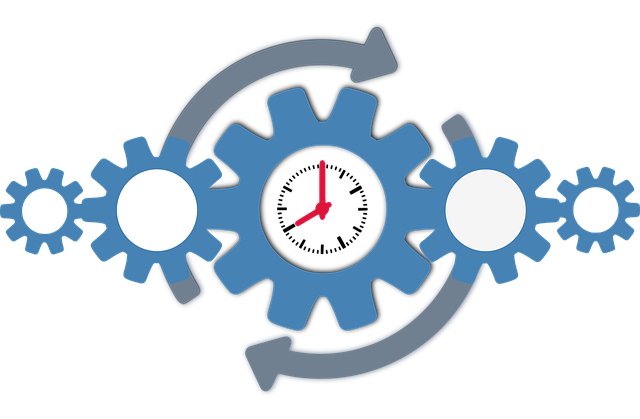Event planning for local businesses thrives on understanding community demographics and interests. By analyzing age groups, hobbies, and cultural events, organizers create tailored experiences like book clubs or family festivals. This approach ensures events align with attendees' preferences, address their needs, and foster stronger business-community relationships, leading to higher attendance, engagement, and long-term connections.
Community events bring people together, fostering connections and strengthening local bonds. This article guides event organizers, especially those from local businesses, through streamlined planning processes. We explore key strategies like understanding your community’s needs and interests, leveraging online tools, and effective promotion techniques. By implementing these practices, you can create engaging events that draw attendees and leave a lasting positive impact on your community.
- Understanding Your Community and Target Audience
- – Identifying community needs and interests
- – Defining your target demographic for events
Understanding Your Community and Target Audience

Understanding your community is a cornerstone of successful event planning, especially for local businesses looking to connect with their customers. By studying demographics, interests, and cultural events already happening in the area, organizers can create events that resonate with attendees. This means crafting experiences that cater to the specific needs and preferences of your target audience, whether they’re families, young professionals, or retirees.
Effective event planning for local businesses starts with asking key questions: What are the pain points and interests of our community? What events do they already enjoy? By aligning your offerings with their existing passions and addressing their concerns, you can design events that not only draw a crowd but also foster a stronger connection between the business and its neighbors.
– Identifying community needs and interests

Identifying community needs and interests is a crucial step in successful event planning, especially for local businesses looking to organize engaging gatherings. By understanding the demographics and preferences of their target audience, event organizers can create activities that resonate with attendees. This process involves gathering data through surveys, focusing on topics like popular cultural events, hobbies, and causes that spark passion within the community. For instance, a local café might discover a thriving interest in sustainable living practices among its regular customers, leading to an eco-friendly festival as an event concept.
Event planners should also consider past successful gatherings and feedback from previous events to gauge what has resonated well with the community. Analyzing these insights will help tailor future plans, ensuring each event aligns with the community’s evolving interests and creates a sense of belonging for local businesses to foster within their customer base.
– Defining your target demographic for events

When organizing community events, one of the most vital steps in event planning for local businesses is identifying and understanding your target demographic. This involves delving into factors like age groups, interests, and geographic locations to tailor events that resonate with attendees. For instance, a local bookstore might host a book club meet-up aimed at young adults, while a restaurant could organize a family-friendly food festival.
By defining the specific group you wish to attract, you can craft engaging activities, set appropriate venues, and choose promotional strategies that effectively reach your audience. This targeted approach not only ensures higher attendance but also fosters a stronger connection between local businesses and their community, enhancing the overall event experience and promoting long-term engagement for future initiatives.
Community events are a powerful tool for local businesses to connect with their target audience. By understanding the unique needs and interests of your community, and pinpointing the specific demographic you wish to engage, event planning becomes a seamless process that fosters growth and strengthens local ties. Event planning software designed for local businesses can streamline this effort, making it easier than ever to organize memorable gatherings that resonate with attendees.
